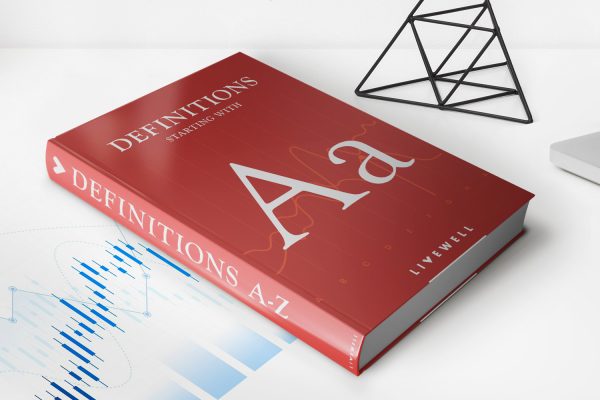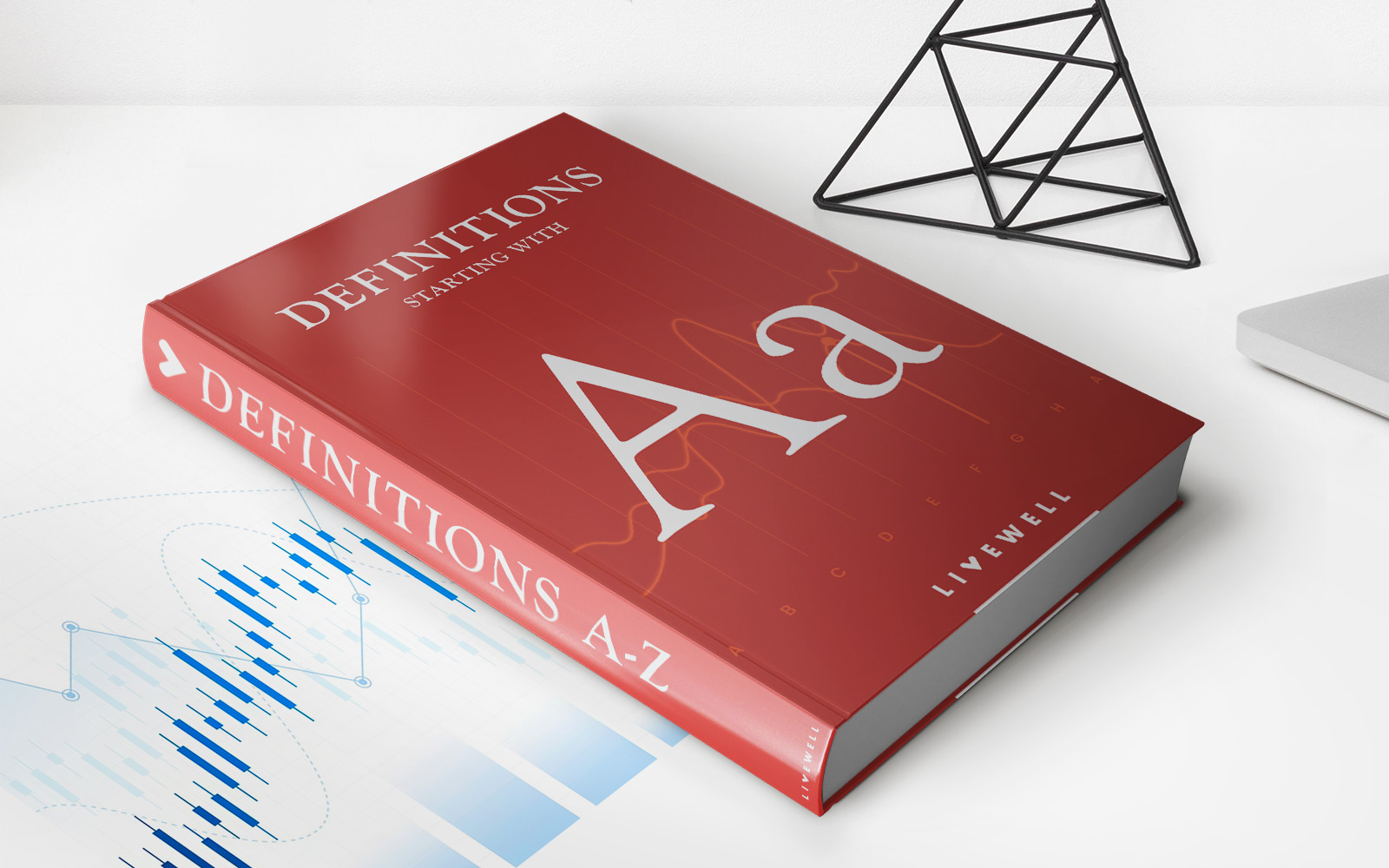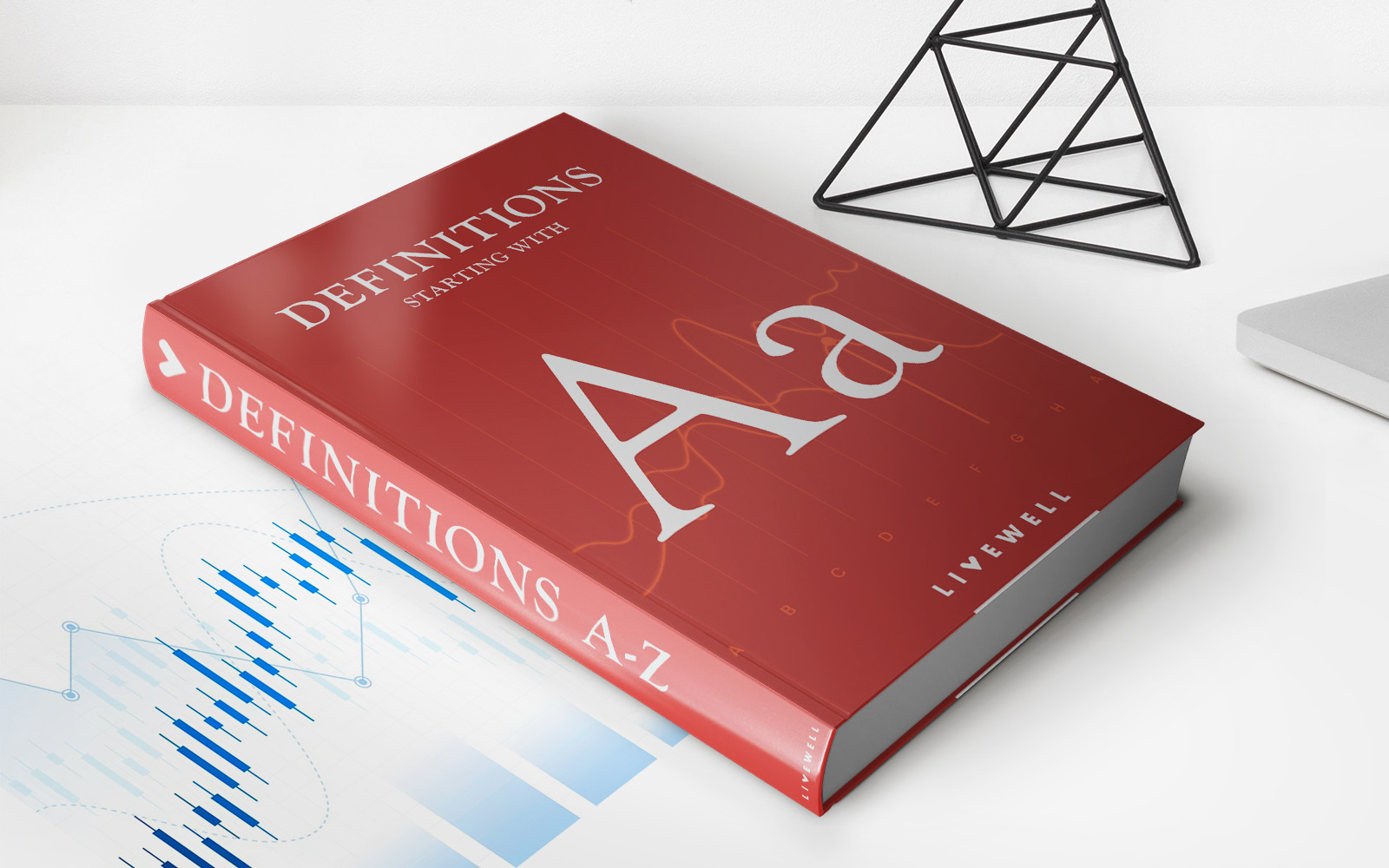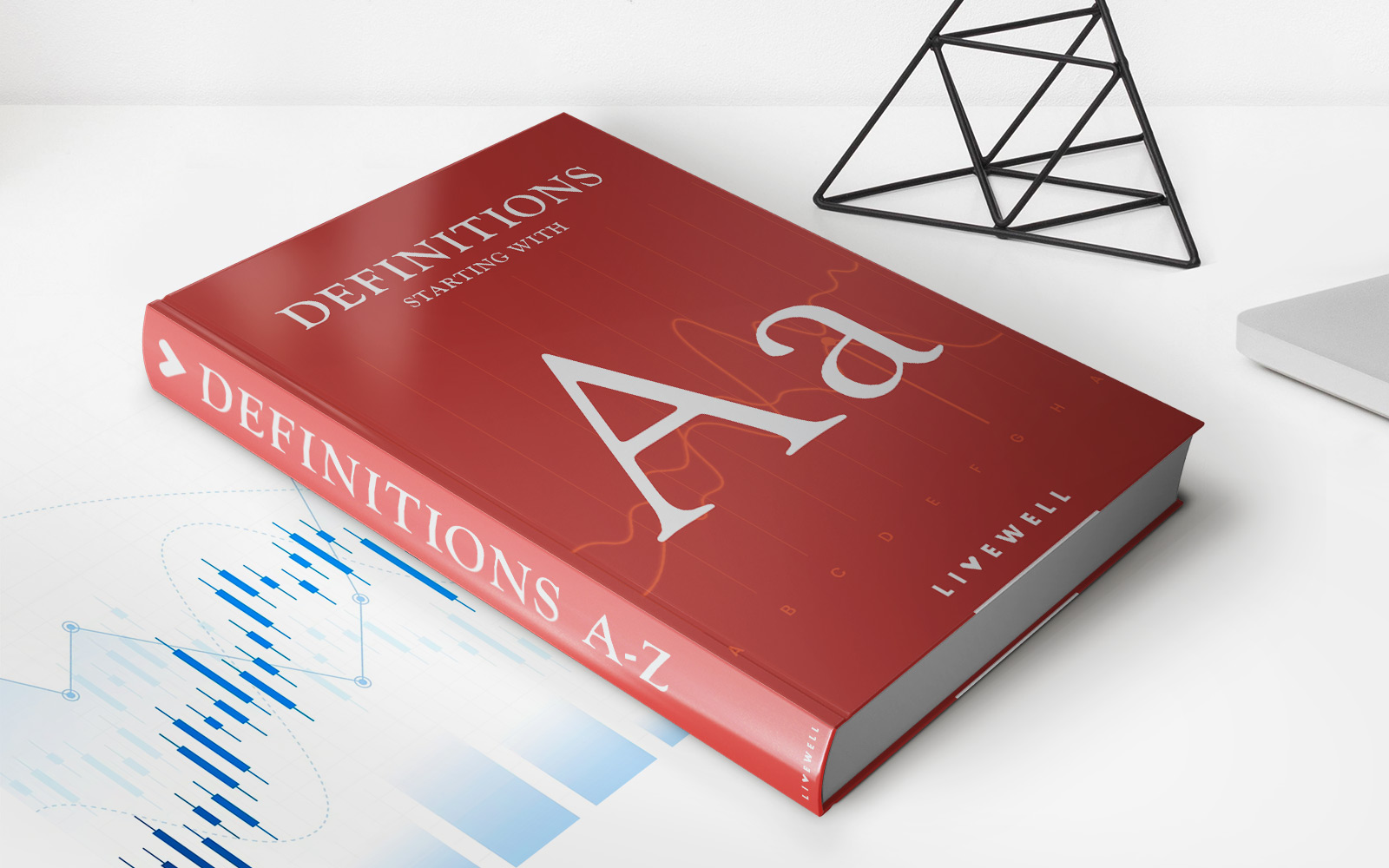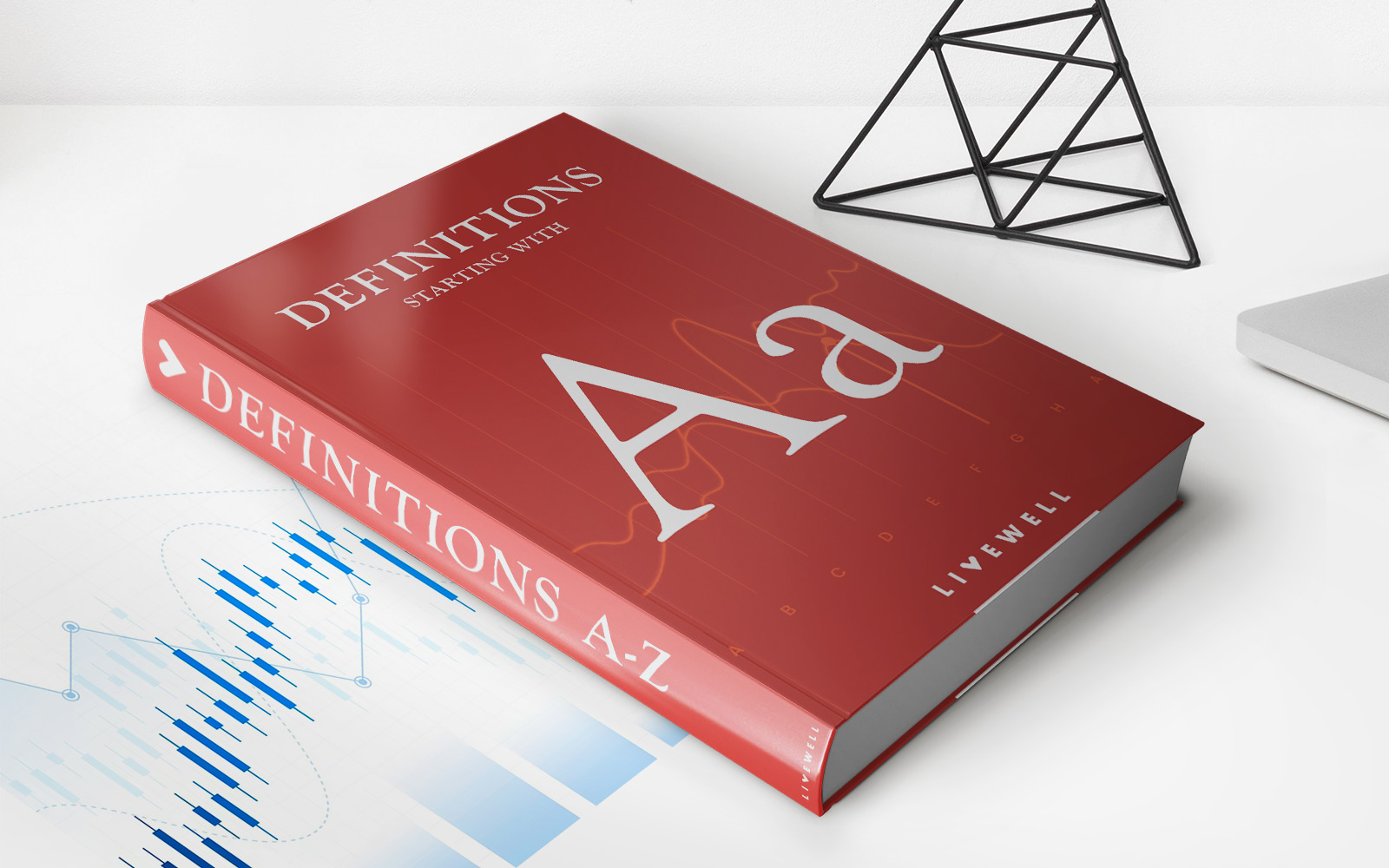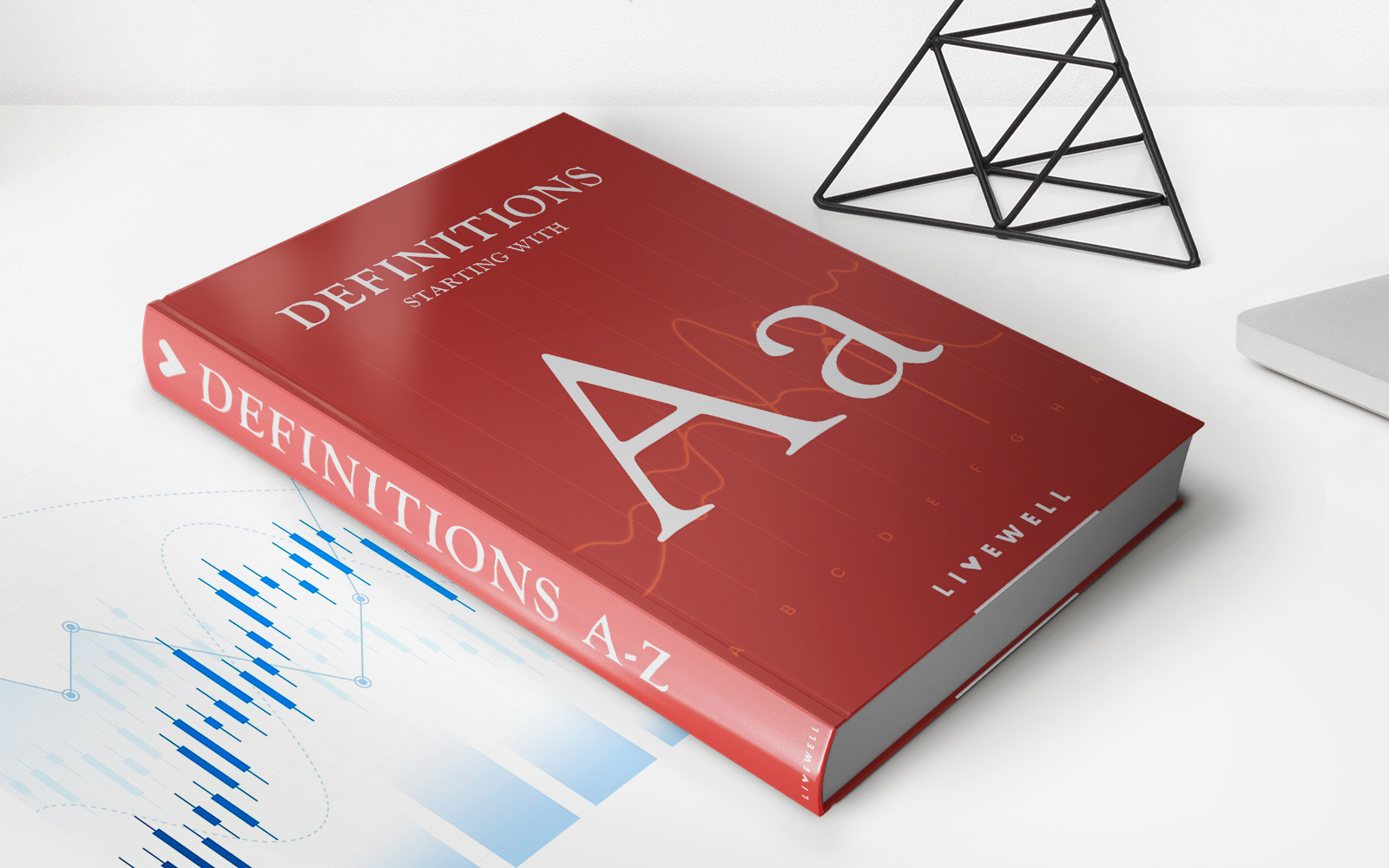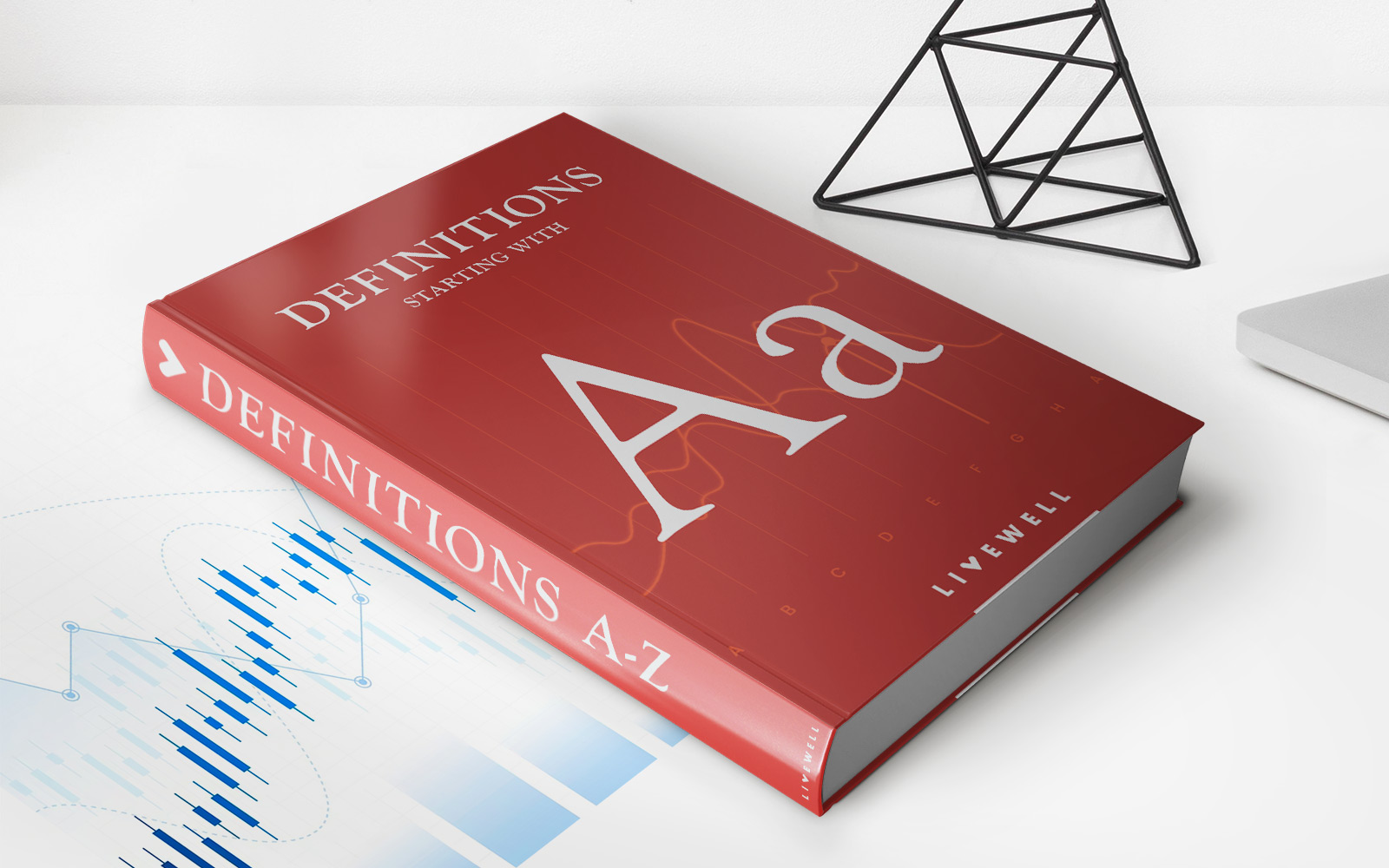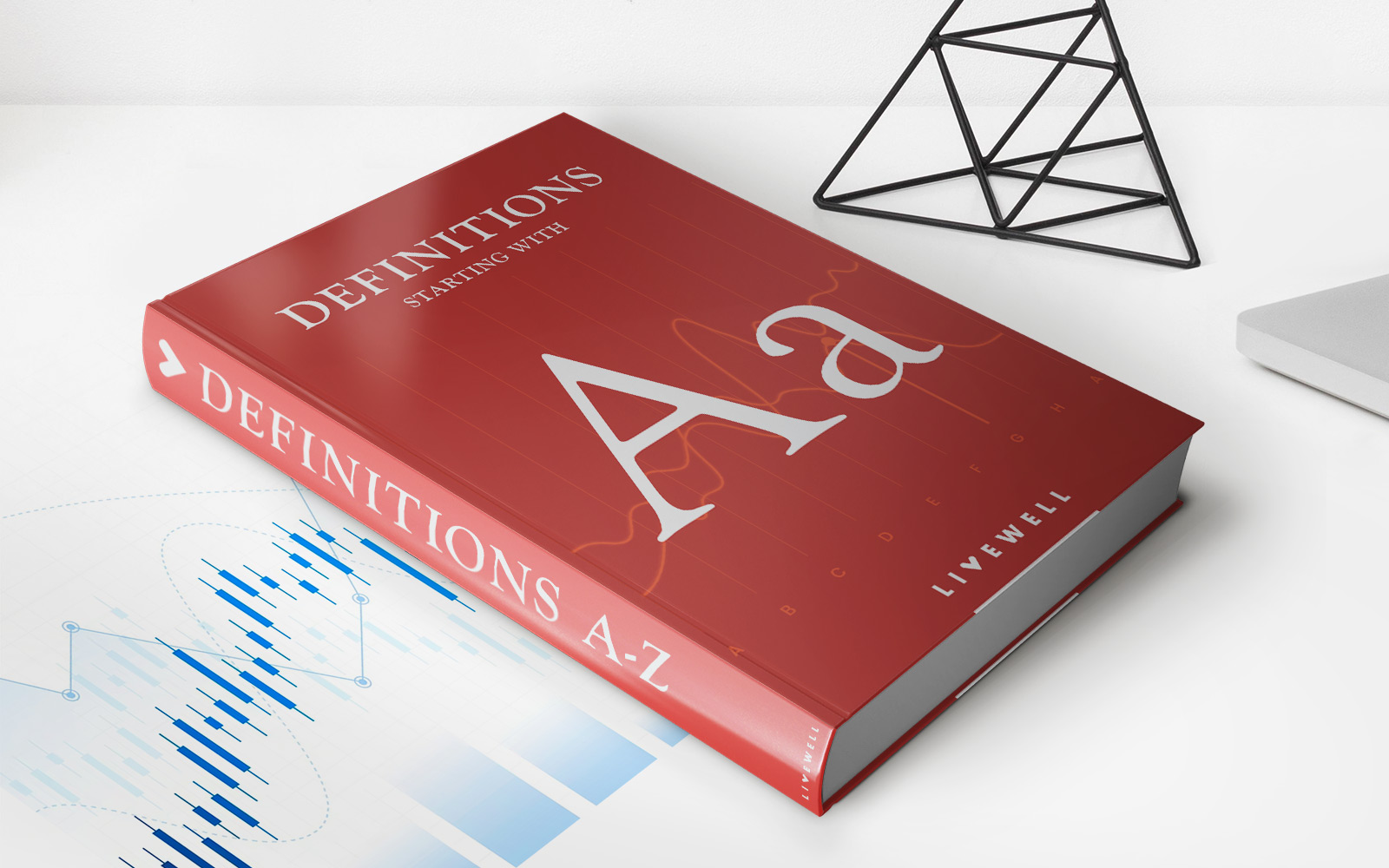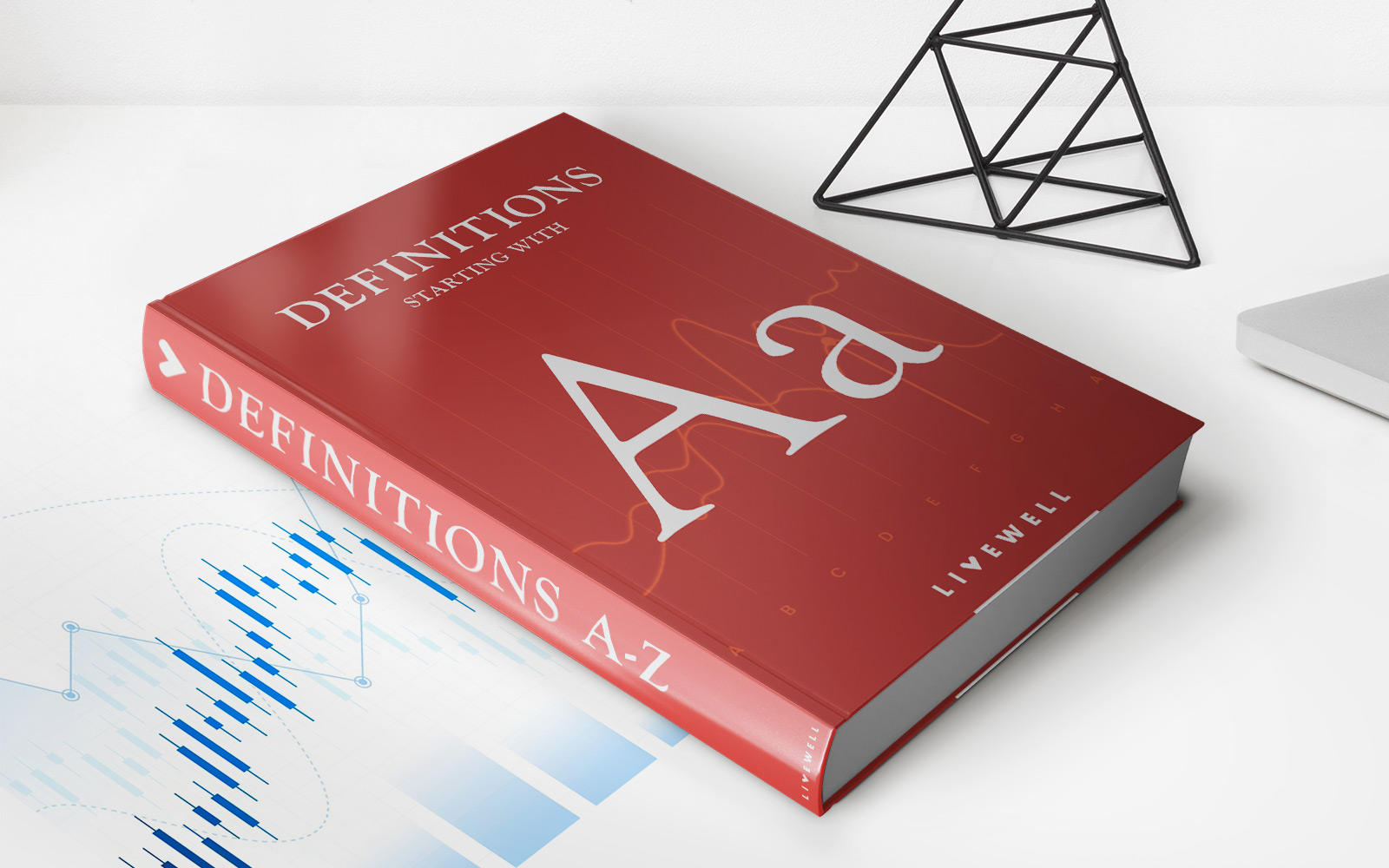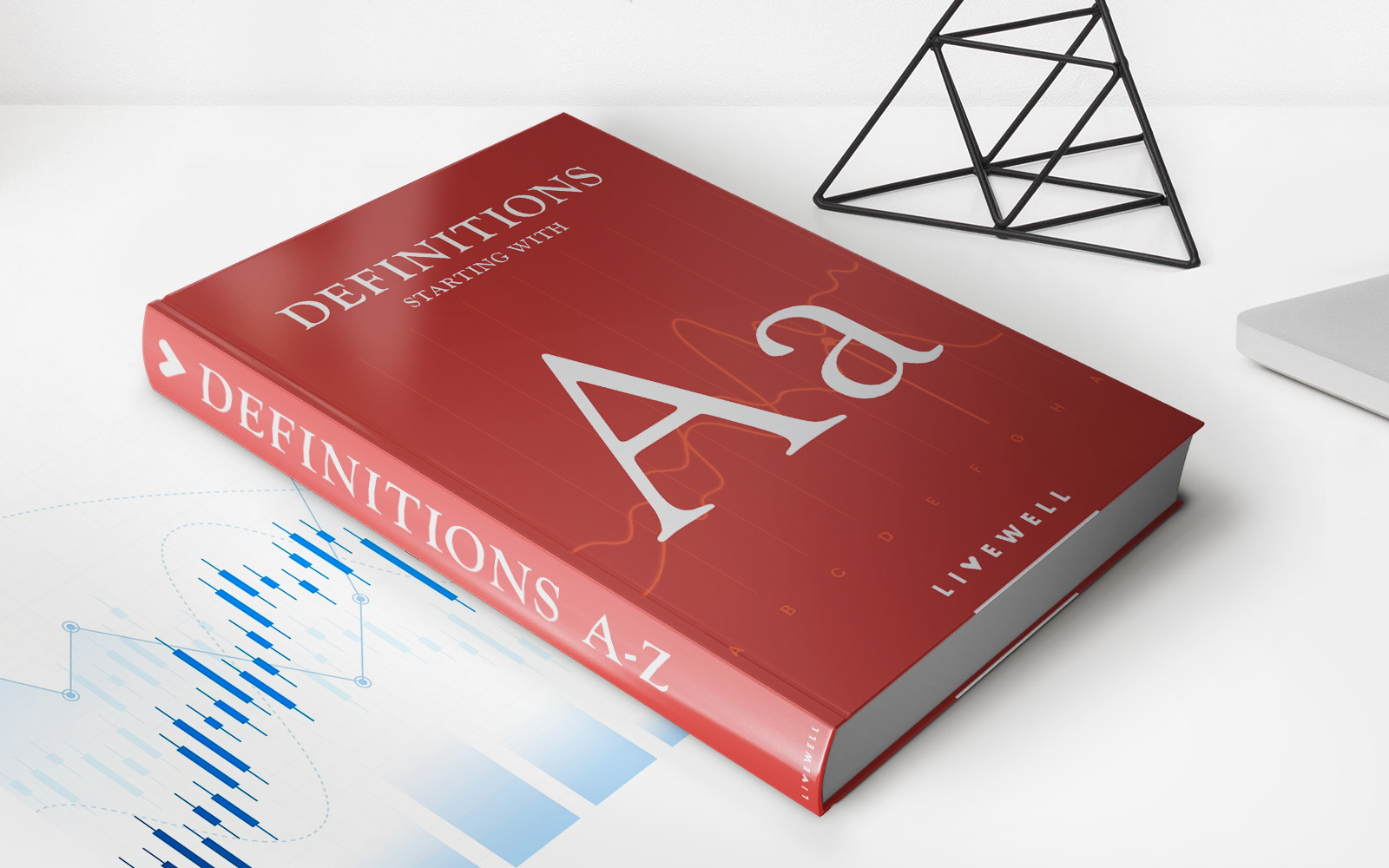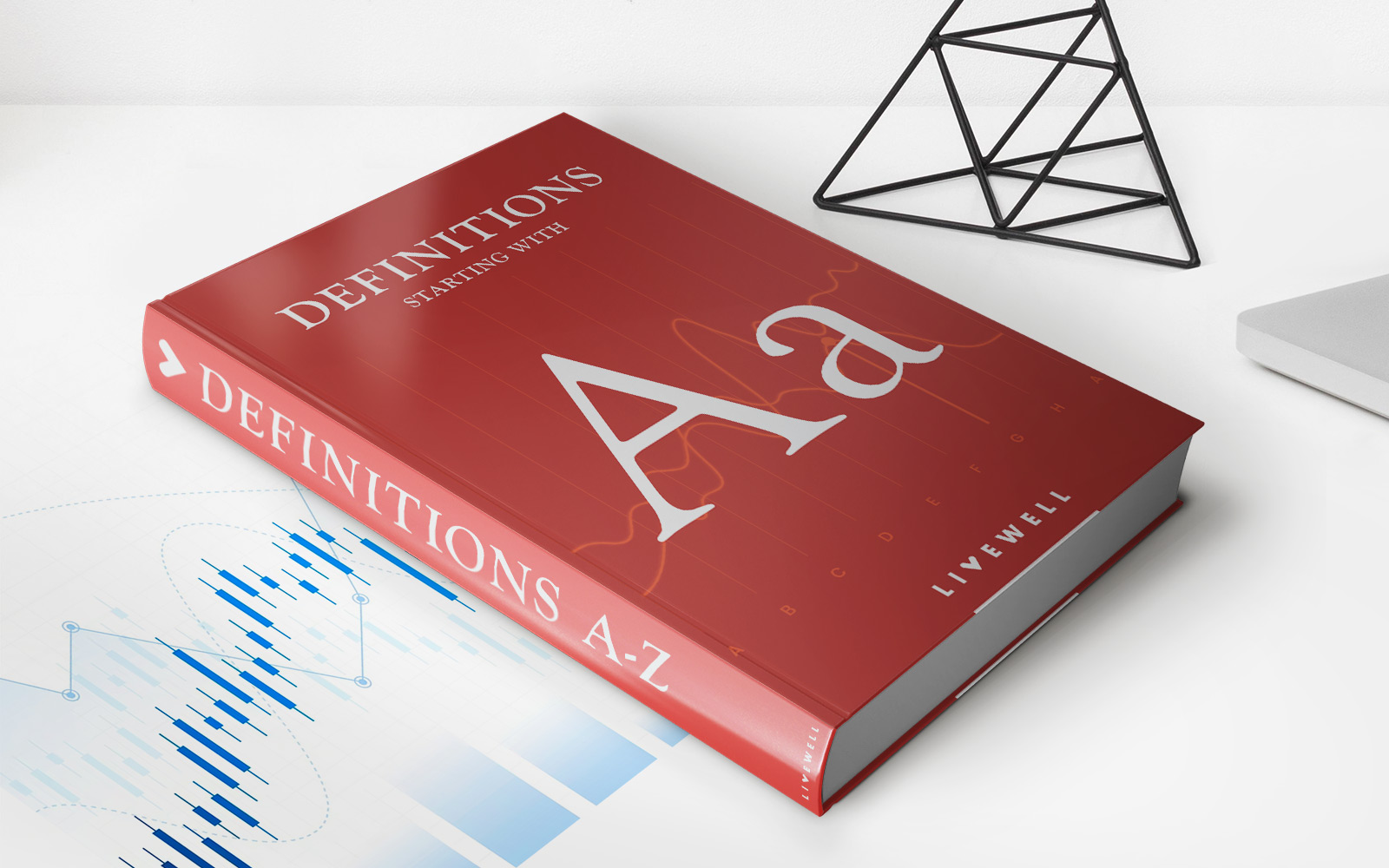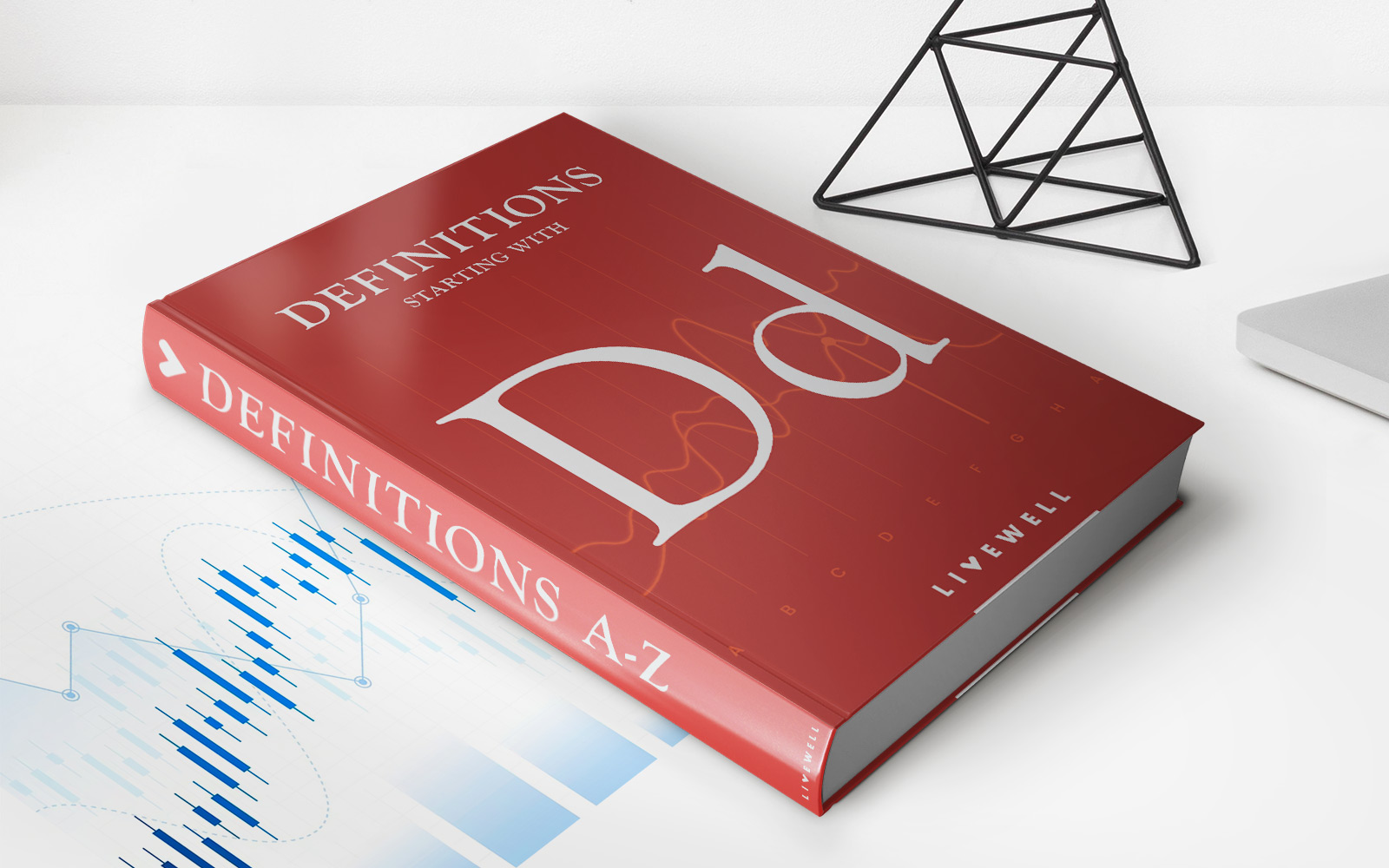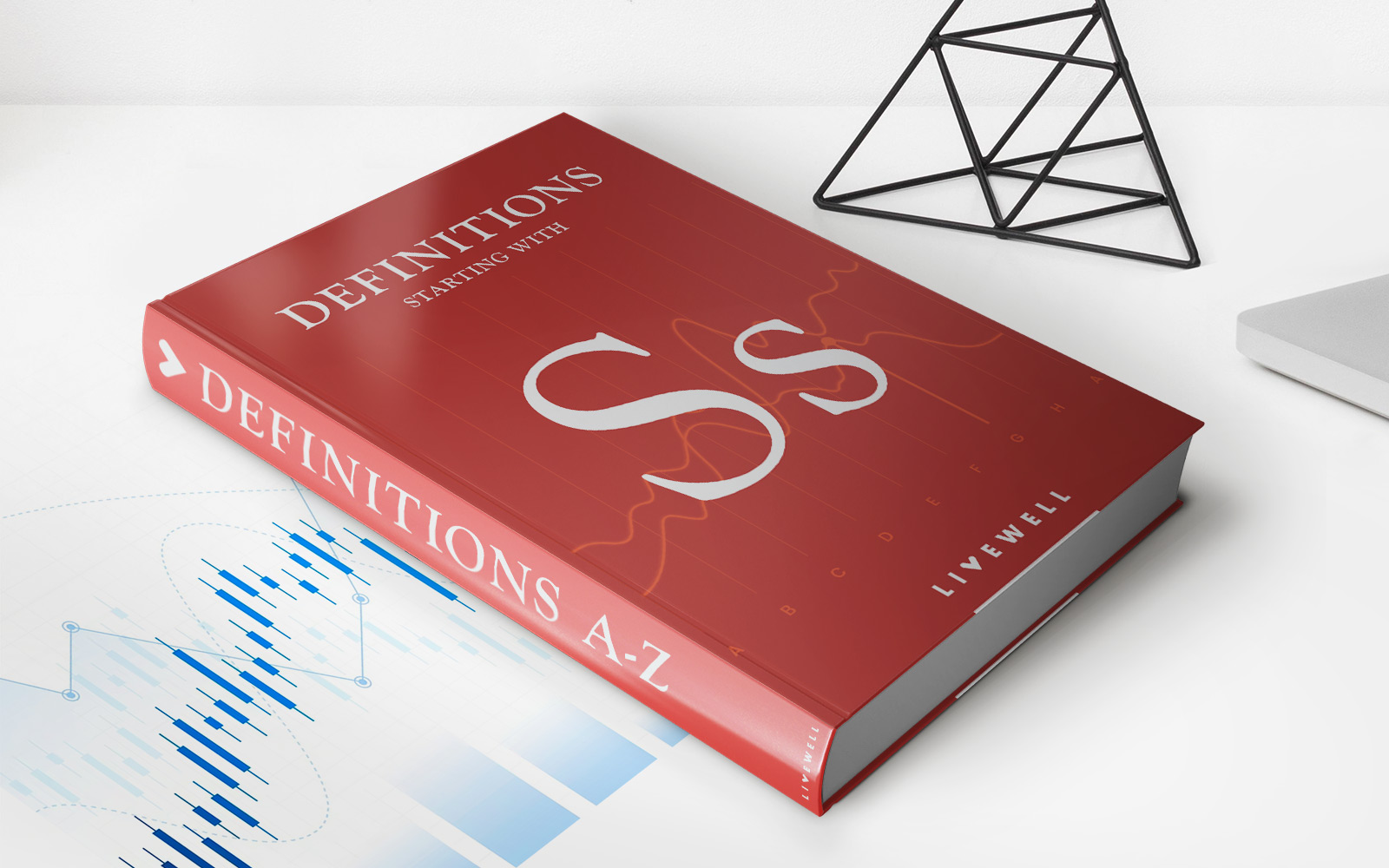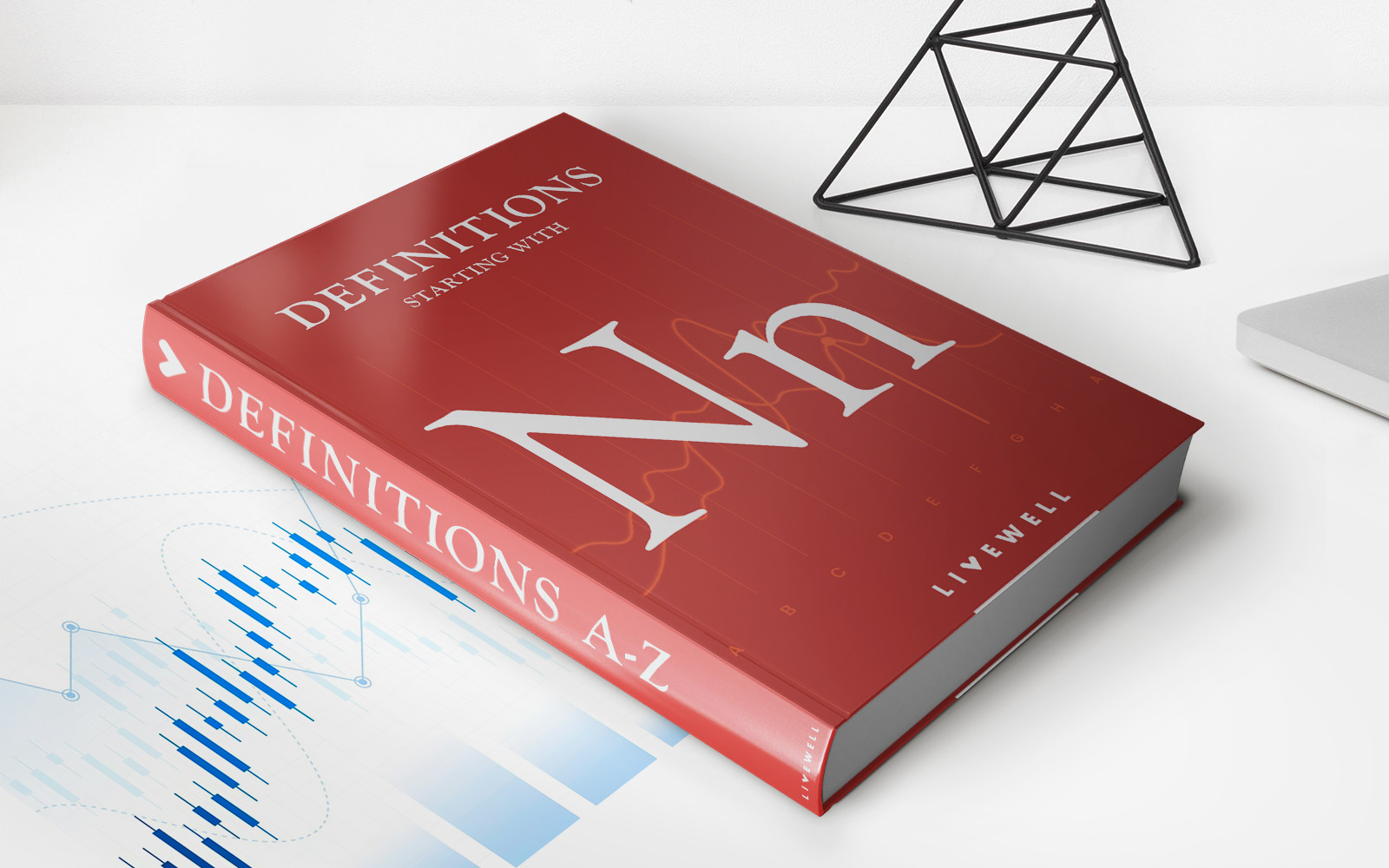

Finance
Nickel Definition
Published: December 31, 2023
Discover the meaning of nickel in finance and how it impacts the economy. Gain insights into the uses and importance of this versatile metal.
(Many of the links in this article redirect to a specific reviewed product. Your purchase of these products through affiliate links helps to generate commission for LiveWell, at no extra cost. Learn more)
Understanding the Intricacies of Nickel in Finance
Welcome to another informational blog post in the Finance category. Today, we delve into the fascinating world of nickel and its role in the realm of finance. Have you ever wondered what nickel is and how it relates to finance? Well, you’re in the right place! In this article, we will define nickel, explore its significance in various industries, and discuss its impact on the financial market. So, let’s get started!
Key Takeaways:
- Nickel is a chemical element with the symbol Ni and atomic number 28.
- It is a highly versatile metal with various applications in industries such as manufacturing, construction, and electronics.
What is Nickel?
Nickel is a chemical element that holds the symbol Ni and atomic number 28. As a naturally occurring metal, it is classified as a transition metal on the periodic table. This lustrous and silvery-white metal possesses excellent strength and corrosion resistance, making it extremely versatile and valuable.
While nickel has widespread use in many industries, its significance in finance can be attributed to its role as a commodity. As a traded metal, nickel is subject to market fluctuations, which can have a profound impact on the financial world. For investors, understanding the dynamics of the nickel market can provide valuable insights and potential opportunities for profit.
The Significance of Nickel in Various Industries
Nickel finds extensive applications in numerous industries, ranging from manufacturing to electronics. Here’s a closer look at some sectors where nickel plays a crucial role:
- Manufacturing: Nickel is commonly used in the manufacturing of stainless steel and other alloys. Due to its corrosion resistance, it is a preferred material for the production of items such as kitchen utensils, machinery parts, and automotive components.
- Construction: In the construction industry, nickel plays a pivotal role in creating durable structures. It is commonly used in architectural finishes, roofing, and bridge construction, thanks to its ability to withstand environmental elements.
- Electronics: Nickel is an essential component in electronics manufacturing. It is used in the production of batteries, magnets, and various electronic devices.
These are just a few examples of how nickel impacts industries around the world. As the demand for these products fluctuates, so does the demand for nickel in financial markets.
Nickel and its Impact on the Financial Market
The price of nickel is influenced by a wide range of factors, including global supply and demand, geopolitical events, and economic conditions in major nickel-producing countries. As a result, the fluctuations in nickel prices can have a significant impact on the financial market.
Investors, both individual and institutional, closely monitor the price movements of nickel to make informed decisions. By analyzing the trends and understanding the various factors affecting the market, investors can strategize and capitalize on potential trading opportunities.
Furthermore, the importance of nickel in financial markets extends beyond trading. It serves as a benchmark commodity and is included in various commodity indices, allowing investors to track its performance alongside other commodities. This inclusion provides diversification benefits and further contributes to the overall stability of investment portfolios.
In Conclusion
As we conclude our exploration of nickel’s role in finance, we hope you’ve gained valuable insights into the significance of this versatile metal. From its applications in different industries to its influence on the financial market, nickel proves to be an essential element in our modern economy.
Whether you’re an investor looking for new opportunities or simply seeking to expand your knowledge, understanding the dynamics of nickel and its impact on the financial world can be a valuable asset. So, keep an eye on the latest nickel trends, and who knows, you might just uncover a golden opportunity along the way!
